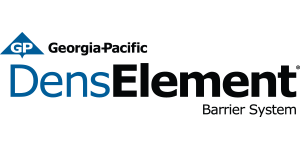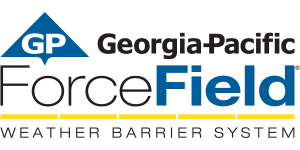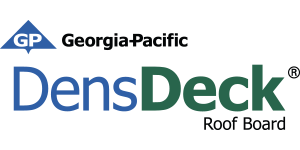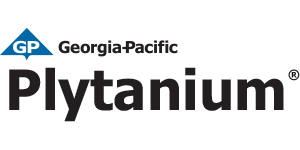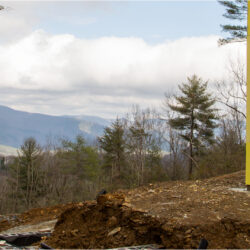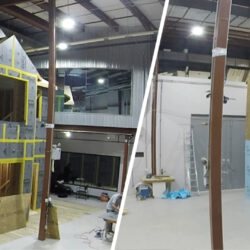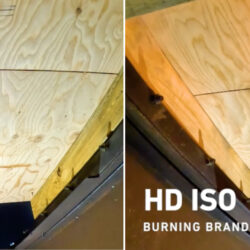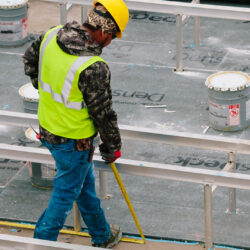The Georgia-Pacific Building Products team was thrilled to attend AIA24 this past June. The annual AIA Conference on Architecture & Design brings the Architecture, Engineering and Construction (AEC) industry together to network, share knowledge and solve challenges across the built environment.
AIA24 was hosted in Washington, D.C., and our team was lucky enough to participate in some thought-provoking events about sustainable building. We especially enjoyed the seminar on Changing Enclosures for Changing Climates and the AIA Women’s Leadership Luncheon focusing on community, design, and resiliency. Here’s what we learned:
How Changing Climates Affect Your Building Design
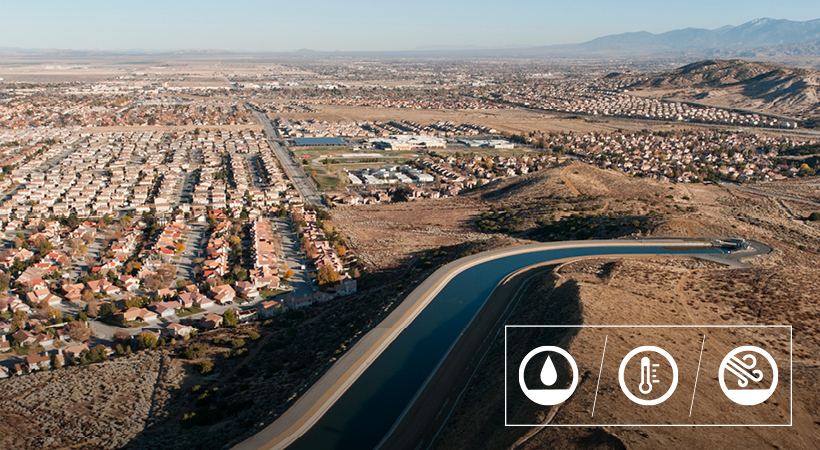
At the Changing Enclosures for Changing Climates seminar, presented by The Building Performance Knowledge Community (BPKC), we dug into how climate change challenges building enclosure performance. Weather volatility, from sky-rocketing temperatures to intense rain to drought, can negatively impact existing buildings—even if they performed adequately in the past. This, in turn, changes the way new structures must be designed and building material selections.
We also learned that upgrading and adapting the building envelope can have more value for the consumer over a 30-year period than replacing the entire HVAC system with current technologies. However, this rate of return was greater in the past.
The conference included breakout sessions where we strategized how new enclosures could be built to improve performance, resiliency and energy efficiency. We found that not only is it important to use building materials that contribute to reducing pollution and carbon emissions, but to consider how to build for changing climate regions. These include warmer climates, wetter conditions and windier regions.
Resilient Design Considers All Types of Environmental Impact
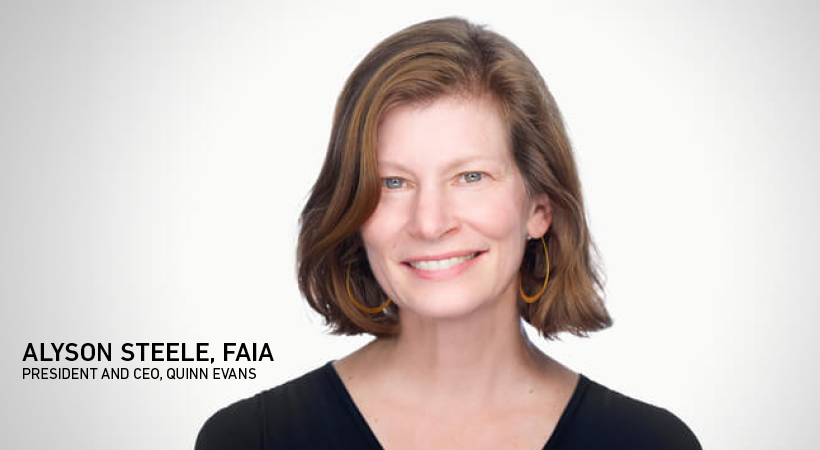
The AIA Women’s Leadership Luncheon presentation focused on community, design and resiliency. It was led by Alyson Steele, CEO of the renowned architecture firm, Quinn Evans. Steele spoke about how true resilient design must consider the broader community context and contribute to social and economic resilience.
One way to do this is to create inclusive spaces that serve diverse populations and support community engagement. We learned how thoughtful design can help foster connections and resilience at the community level for projects involving public spaces, educational facilities and community centers.
Booth Takeaways: Start with the Right Products
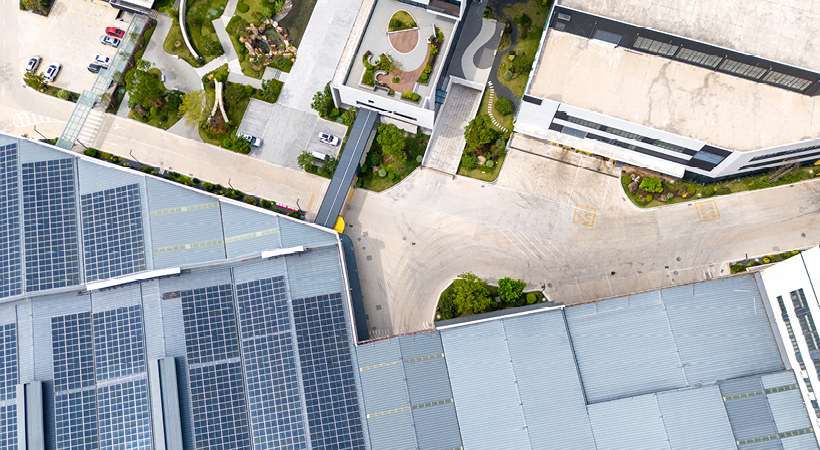
In addition to attending noteworthy events, our team had a booth to showcase what’s new at Georgia-Pacific from a building construction perspective.
We talked with conference attendees about:
- The way DensDeck® Roof Boards can help increase building resiliency by helping roof assemblies to outlast those without a cover board nearly twice as often.
- How cover boards lengthen the median life expectancy of your commercial roof by four years This helps cut down long-term maintenance needs and material waste.
- And, how DensDeck® Roof Boards can be used as a rigid substrate for rooftop-mounted solar panels.
We also highlighted how DensElement® Barrier System contributes to leaner construction practices . The system does this by reducing material waste associated with the installation of a secondary product. It protects your building envelope through an integrated water-resistive barrier and air barrier (WRB/AB), cutting down on installation steps. This leads to a more efficient dry-in process on the jobsite..
Finally, visitors were pleased to find out that our DensArmor Plus® and DensShield® Tile Backer are accepted under FEMA’s regulations for use in designated Special Flood Hazard Areas. This is because both products provide increased resistance to moisture as compared to paper-faced gypsum boards and have been designated as acceptable by FEMA for use in areas designated as SFHA.
From networking with attendees to attending these presentations, the AIA24 show was full of insights for our team. We’re excited to see more innovation at AIA25. Don’t forget to register—we’ll see you in Boston, Massachusetts, next year!

